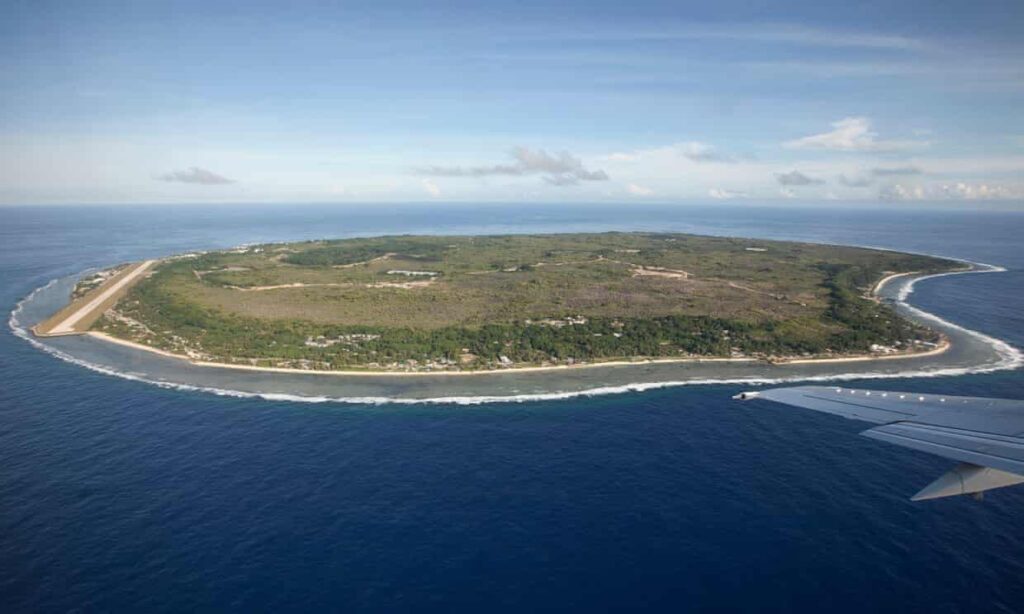The Pacific Islands Forum currently (3-6 September 2018) takes place on Nauru. Each year, the Forum brings together leaders from 18 member states (16 Pacific Island states, New Zealand and Australia) to discuss regional issues.
Australia’s new Foreign Minister, Marise Payne, will represent the PIF’s largest state, while newly appointed Prime Minister, Scott Morrison, travelled to Indonesia for his first overseas visit. The absence of Australia’s Prime Minister caused some concern about the importance the Australian Government gives to the Pacific Island region.
While climate change is on top of the PIF’s agenda, Fiji’s Prime Minister and COP23 President, Frank Bainimarama, is reported not to attend the meeting (Radio New Zealand, Sept. 3 2018; Fiji Sun, Sept. 4 2018, p. 10). Instead, Senior Minister Faiyaz Koya will represent Fiji in Nauru. Fiji’s Prime Minister stated in 2015 that he will not personally attend the annual PIF meetings “until the issue of the undue influence of Australia and New Zealand […] is addressed” (ABC, 6 May 2015). Voreqe Bainimarama is currently attending the United Nations Climate Change Conference in Bangkok.
The Pacific Islands Forum convened on Nauru comes with reinvigorated calls for enhancing the conditions in Australia’s refugee detention centre on Nauru. While inhumane conditions and abuse of human rights have been reported since long, concerns about the mental health of children, including refusal to eat and suicide attempts, made headlines over the past weeks (see for example The Guardian or ABC Radio Australia).
Australia’s offshore detention centres are not on the PIF’s agenda, yet several humanitarian organisations are calling for action. So far, the Australian government and the Government of Nauru seem to make great efforts to silence discussions. The Nauru Government has banned ACB from attending the Forum. Marise Payne, being asked whether she will visit or meet any refugees while on Nauru, declined and stated that “the programme is fairly full in terms of the schedule that the forum itself provides” (ABC Radio Australia).
About Nauru
Nauru is one of the world’s smallest states. With a land area of 21 square kilometres, it takes less than 30 minutes to drive around the island. Nauru has a population of about 11,000 people. During the past century, Nauru exported phosphate (from bird droppings) predominantly to Australia, where it was used as fertiliser. This business made Nauru one of the world’s richest nations in terms of GDP per capita. However, phosphate mining was unsustainable, for Nauru’s natural environment as well as its finance. Today, the Australian detention centre is one of the state’s main source of income.

